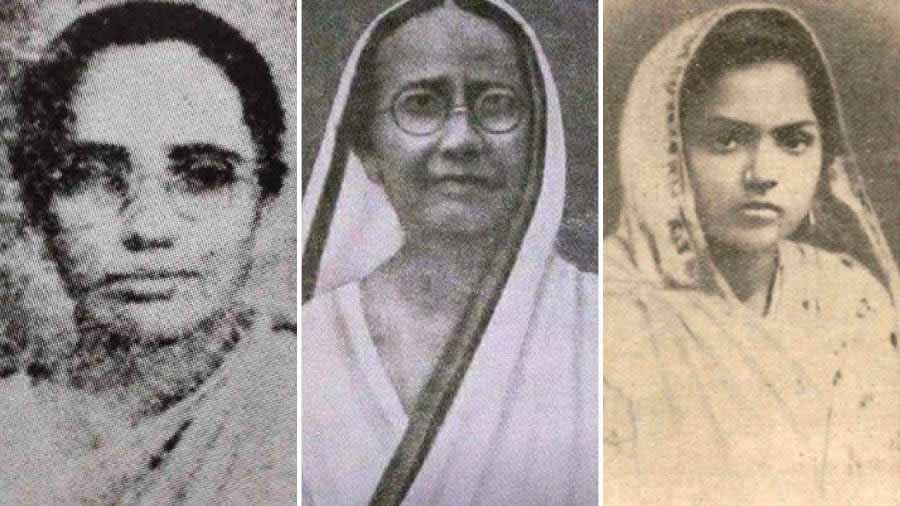Context: The Indian government wants to make it clear that Aadhaar is not proof that you’re a citizen or when you were born. They’re putting this disclaimer on new Aadhaar cards and PDF versions to make it clear that it only shows your identity, not citizenship or birth date.
Some clarifications on how Aadhaar can be used legally:
- Bombay High Court: In a case in 2022, the Bombay High Court explained that Aadhaar only proves who you are and where you live, not your citizenship or birth date.
- Supreme Court of India: In a case in 2018, the Supreme Court said Aadhaar is valid but it doesn’t prove citizenship or domicile.
- Ministry of Electronics and Information Technology (MeitY): MeitY said in 2018 that Aadhaar doesn’t prove your birth date because that information comes from another document you give when applying for Aadhaar.
- Employees’ Provident Fund Organization (EPFO): The EPFO, which manages retirement funds for employees, stopped accepting Aadhaar as proof of birth date in January 2024.
What is Aadhaar?Aadhaar is a 12-digit number given by the Unique Identification Authority of India (UIDAI) on behalf of the Government of India. It proves who you are and where you live anywhere in India. It’s based on your biometric data stored in a government database. Aadhaar Features:
|
Concerns and Challenges about Aadhaar |
What Can Be Done |
| Usage of Aadhaar as Proof of Citizenship or D.O.B | 1.Clarify that Aadhaar is strictly for identity and residence verification, not for citizenship or birth date proof.
2. Ensure that government departments and organizations are aware of the limitations of Aadhaar and stop from misusing it for citizenship or birth date verification. |
| Privacy and Security | 1. Implement stringent data security measures to safeguard sensitive biometric and personal information stored in the Aadhaar database. 2.Enhance encryption rules to eliminate the risk of data breaches, identity theft, and surveillance. |
| Biometric Authentication |
1. Invest to make biometric verification technology more dependable and accurate. 2. Improve the basic systems to make sure more people can use and trust the biometric authentication services. 3. Create backup plans to handle biometric failures and avoid situations where people can’t access services because of them. |
| Exclusion and Denial of Services | 1. Establish mechanisms to address cases of exclusion or denial of services due to Aadhaar-related issues.
2. Provide alternative methods for identity verification to ensure that individuals are not deprived of essential services due to Aadhaar authentication failures. |
| Lack of Public Awareness | 1. Launch extensive awareness campaigns to educate the public about the limitations and proper usage of Aadhaar.
2. Provide clear and accessible information about Aadhaar rights, responsibilities, and privacy protections to empower individuals to make informed decisions regarding their Aadhaar information. |
What is Citizenship?Citizenship is the legal bond between an individual and a country, carrying specific rights and responsibilities. In India, citizenship can be acquired through birth, descent, registration, naturalization, or incorporation of territory, as outlined in the Citizenship Act of 1955. The Constitution of India defines citizenship in Part II, Articles 5 to 11, and it falls under the authority of Parliament. A birth certificate in India can validate one’s identity, age, and Indian citizenship, as per the Registration of Births and Deaths Act, 1969, which mandates registering births within 21 days. |




